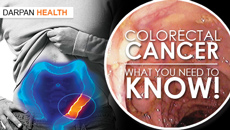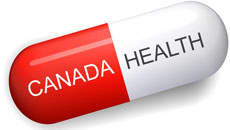Including almonds in your daily diet could help reduce belly fat, a well-established heart disease risk factor, says a study.
A daily snack of 1.5 ounces (42 gram) of almonds instead of a high-carbohydrate muffin, eaten as part of an overall healthy diet, improved a number of heart disease risk factors in study participants.
"Our research found that substituting almonds for a high-carbohydrate snack improved numerous heart health risk factors, including the new finding that eating almonds reduced belly fat," said lead researcher of the study Claire Berryman from Pennsylvania State University.
"Choosing almonds as a snack may be a simple way to help fight the onset of metabolic and cardiovascular diseases," Berryman said.
The twelve-week, randomised, controlled clinical study, was conducted in 52 overweight, middle-aged adults who had high total and LDL (low-density lipoprotein) or "bad" cholesterol but were otherwise healthy.
Participants ate cholesterol-lowering diets that were identical except that one group was given a daily snack of 42 gram of whole natural almonds, while the other group was given a banana muffin that provided the same number of calories.
Participants were provided all meals and snacks in amounts based on their calorie needs to maintain body weight, and followed each diet for six weeks.
The results showed the diet containing the almond snack, compared to the muffin snack, decreased abdominal fat, total cholesterol, LDL-cholesterol non-HDL-cholesterol and other blood fats. In addition, the diet with the muffin snack reduced HDL (good) cholesterol more than the almond diet.
The study appeared in the Journal of the American Heart Association.






